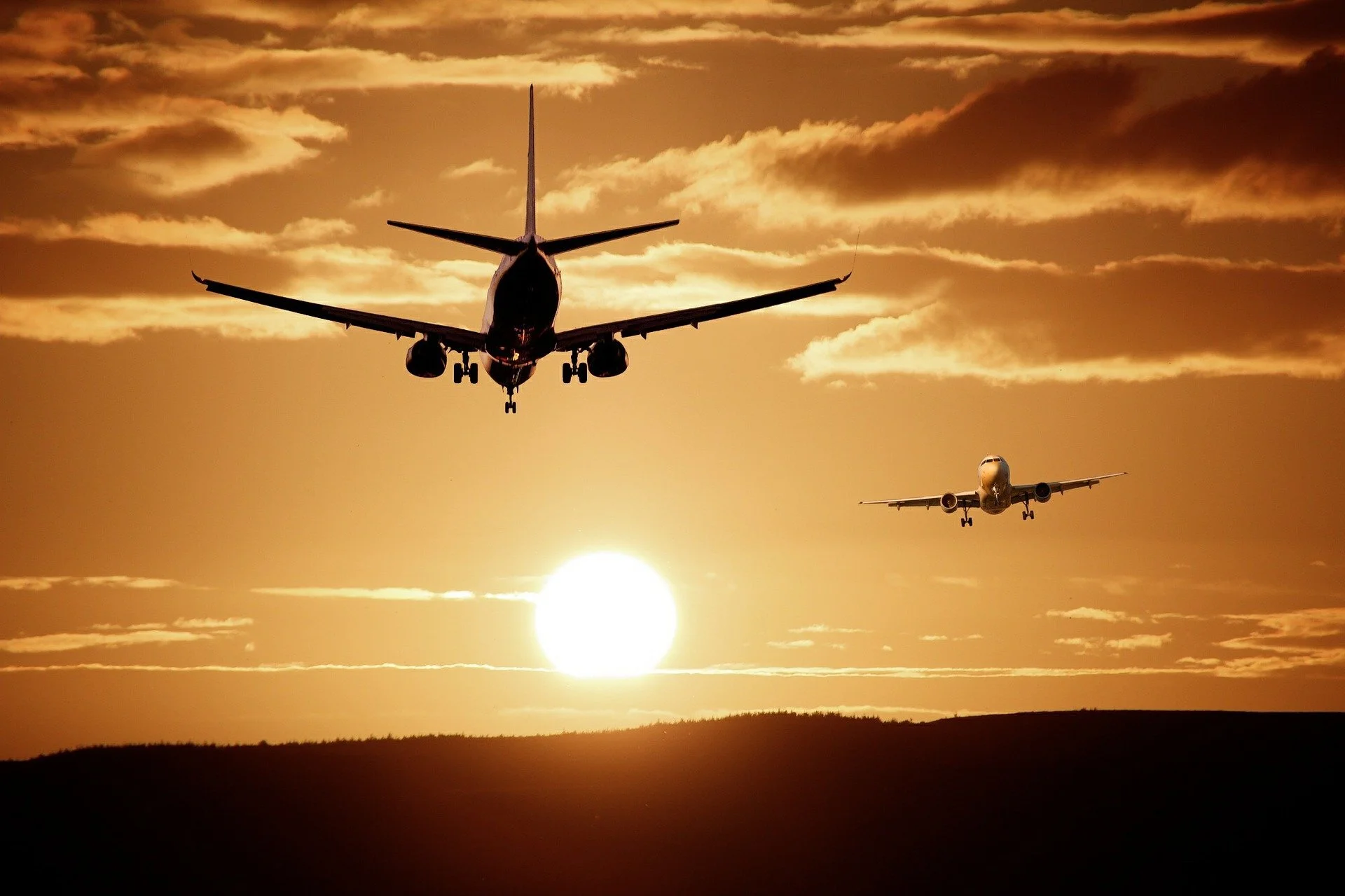A climate scientist on Wednesday said he was being threatened with the sack for refusing to fly back to Germany from a research trip in Papua New Guinea.
Gianluca Grimalda, a senior researcher at the Kiel Institute for the World Economy (IfW Kiel), has spent six months investigating the social effects of climate change in the Pacific island country.
Grimalda made most of the outward trip to Papua New Guinea by land and sea, taking 35 days to travel around 16,000 kilometers.
He wished to return entirely by cargo ships, ferries, trains and buses, he said in a statement shared by the campaign group Scientist Rebellion.
But the IfW Kiel is allegedly insisting approval for his trip ran out on September 10 and he must return immediately by plane.



I know flights emit a lot, but surely the emissions related to sustaining a man for 35 days (food preparation and shipment, water purification, living space cleaning and powering) outweigh that?
You’d be surprised. Long trips literally produce tons.
The emissions of this trip, if every passenger flew economy, is >2 ton CO2 per person.
The annual emission of a eu citizen is 4 to 7 ton a year so for a month that’s 350kg, given that he is not living on eu standards it’s quite safe to take the lower bound. The co2 of hitching on cargo ships and trucks is neglectabel, but if he has to catch a bus for most land travel, we can set it to 500kg max.
Taking the plane emissions at the minimum blind and the alternative maximal, it’s still 3x less. And personal emissions I think we could reduce by a lot in the next 10 years with greener agriculture, industry and just consuming less. Plane travel will not improve drastically the coming 20 years
Presumably you’d need to compare that to his regular consumption for those 35 days, so marginally, it might really only be the water purification and a little extra weight of food.
It would kinda be interesting to see a detailed breakdown of the comparison.
A person eats and drinks every day, regardless of being on a journey, or stationary. If he sourced locally along the trip, there’s a good chance his emissions were lower, since Germany has higher per capita emissions than most countries, roughly estimated.
But even if he brought all the supplies from Germany, that would only increase transportation emissions slightly. Emissions for the goods themselves remained equal, wether they are consumed at home or elsewhere.
Probably not no, flying really does emit a shit ton
Removed by mod
He wants to travel home slowly via surface transport
What does that have to do with anything I said or was responding to?
Lots of people want lots of things, sometimes we just have to do what we have to do, even if it isn’t what we want to do.
Yeah, being a scientist/having a bunch of degrees doesn’t exempt you from being a dumbass
Jesus… Toxic much?
How would you summarize the comment I was replying to otherwise?
If you don’t agree, that’s fine, but from my own experience, even academics with a bunch of accreditations and experience can be missing common sense / let emotions overshadow their knowledge
A good example of high INT, low WIS